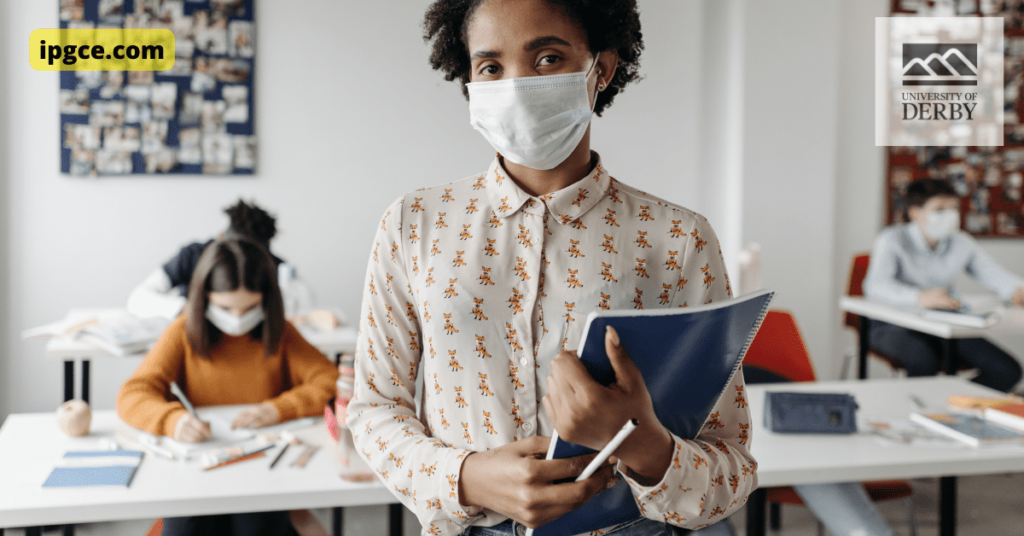No one likes wearing masks, but the stakes are higher for parents of kids with speech disorders.
Masking and other pandemic restrictions can be difficult for everyone, but they are particularly fraught for parents of small children. While measures such as masking and isolation mean temporary discomfort or inconvenience for most people, their consequences for still-developing young children are more mysterious and possibly more significant and lasting.
Speech therapy is one area where the trade-offs of pandemic restrictions are particularly evident. Masks can make it difficult for therapists to understand what their young patients are saying and make it harder for patients to understand the therapists. This can lead to frustration on both sides and ultimately less progress in therapy.
Due to the pandemic restrictions, many speech therapists have had to switch to online therapy, which can be less effective than in-person therapy. Sometimes, parents have had to fill in the gaps by providing therapy at home.
While there is no easy solution to this problem, parents must keep advocating for their children’s needs. Online and at-home therapy can be helpful, but it is not a replacement for in-person treatment. Masks may be difficult, but they are necessary to protect the health of everyone involved in treatment. Ultimately, the best solution is for the pandemic to end so that children can return to in-person speech therapy. In the meantime, parents need to do what they can to help their children progress.
On the other hand, therapy sessions conducted over video chat can be just as effective as in-person sessions and may even have some advantages. Therapists can see how parents interact with their children at home, and parents can get guidance on how to help their children practice between sessions.
Whether to mask or not during therapy is just one of many difficult choices parents of kids with speech disorders have had to make during the pandemic. But as vaccines become more widely available and restrictions lift, there is hope that things will eventually return to normal. Parents will continue to do what they can to ensure their children receive the best care.
Megan’s son, for example, has Joubert syndrome, a rare genetic condition that often manifests in severely delayed speech. At the start of the pandemic, the then-4-year-old could approximate a few simple words, like mom and home, each the hard-won victory of intensive speech therapy he’d received since he was 2. But he regressed during remote treatment and is still struggling now that therapy is in person because his therapist wears a face mask. (Megan, who lives in California, asked to be identified only by her first name to protect her son’s privacy).
Do you have a child with a speech disorder? How has the pandemic affected their therapy? Let us know in the comments.
For more news on international education, follow us on IPGCE and WeChat.
Wechat Code:
Meet Our Successful Graduates: Learn how our courses have propelled graduates into rewarding
careers. Explore their success stories here!
Discover More About Your Future: Interested in advancing your teaching career? Explore our
IPGCE, MA, and QTS courses today!

Explore Our Courses: Ready to take the next
step in your education journey? View our
comprehensive course offerings now!



